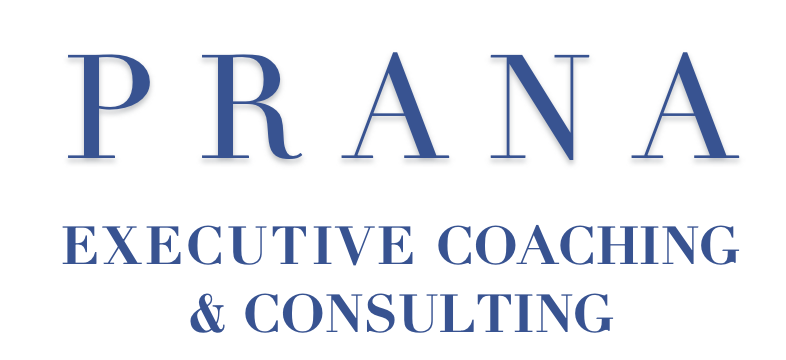What is a Chemistry Call?
A coaching chemistry call, sometimes referred to as a discovery call or consultation, is an initial conversation between a prospective client and a coach. The primary goal of this call is not to dive into deep coaching topics but to assess the fit between the client and coach. During this call, the client can get a sense of the coach’s personality, coaching style, and approach, while the coach can assess whether they have the expertise to support the client’s needs and goals. These calls are often offered for free, though coaching firms may charge a small fee.
The Purpose of a Coaching Chemistry Call
Assessing Compatibility
The primary purpose of a chemistry call is to determine if the coach and client are a good fit for each other. Coaching is a deeply personal relationship, and a mismatch can hinder the effectiveness of the coaching process. A client must feel comfortable and trust their coach, and the coach should feel confident in their ability to guide the client effectively.Understanding Expectations
The chemistry call allows both parties to set clear expectations and align around those. The client can express their goals, challenges, and what they hope to gain from coaching, while the coach can outline their methods, availability, and the process they typically follow. This alignment helps prevent misunderstandings later on.Exploring Coaching Style and Methodology
Every coach has a unique approach. Some may use a structured, goal-oriented process, while others might take a more fluid, conversational approach. The chemistry call is a time for the client to ask about the coach’s techniques, philosophies, and how they have helped other clients. This helps the client determine if the coach's style resonates with their own learning preferences and needs.Clarifying Logistics and Fees
In addition to understanding the coaching process, the chemistry call provides an opportunity to discuss practical matters, such as scheduling, pricing, session formats (in-person vs. virtual), and commitment requirements. This transparency is crucial for both parties to feel confident in moving forward into an engagement.
How to Have an Effective Chemistry Call
Be Clear About Your Goals
Before the call, take some time to think about why you’re seeking a coach. What specific areas of your life or career do you want to improve? Having clear goals will help guide the conversation and ensure that the coach can provide the support you need.Ask the Right Questions
Use the chemistry call as an opportunity to ask insightful questions about the coach’s experience, philosophy, and methodology. Some examples of questions you may want to ask the coach:What is your coaching philosophy or methodology?
How do you typically work with clients to achieve their goals?
Can you share an example of how you’ve helped someone in a situation similar to mine?
What do you expect from your clients during the coaching process?
What can I do to ensure I succeed in reaching my goals?
How do you measure success in coaching?
Evaluate the Coach’s Communication Style
Pay attention to how the coach communicates. Are they clear and articulate? Do they listen actively and ask thoughtful questions? A good coach should be able to facilitate an open, constructive dialogue where you feel heard and understood.Trust Your Instincts
Chemistry is often about gut feeling. Do you feel comfortable talking to this person? Do you believe they understand your needs and can help you achieve your goals? Your instinct can be a strong indicator of whether the relationship will be productive.Be Honest About Your Needs and Concerns
It’s important to be transparent about your expectations, needs, and any reservations you might have. A great coach will be open to discussing any concerns and help you feel more confident in your decision.
Conclusion
The chemistry call is a vital step in the coaching process, helping both the client and the coach assess whether they are well-suited to work together. By approaching the call with clarity, asking insightful questions, and reflecting on key factors like coaching style, experience, and rapport, clients can make an informed decision that sets the stage for a successful coaching relationship.
Remember that coaching is an investment in yourself, and selecting the right coach is a process. Take your time during the chemistry call, trust your instincts, and choose a coach who you believe can guide you toward your goals with the right support, expertise, and partnership.
References
Aguilar, E. (2013). The Art of Coaching: Effective Strategies for School Transformation. Jossey-Bass.
Goleman, D. (1995). Emotional Intelligence: Why It Can Matter More Than IQ. Bantam Books.
International Coach Federation (ICF). (2016). The Business Case for Coaching. Retrieved from https://coachfederation.org/impact
Kimsey-House, H., Kimsey-House, K., & Sandahl, P. (2011). Co-Active Coaching: The Proven Framework for Transformative Conversations at Work and in Life. 3rd Edition. Nicholas Brealey Publishing.
Lencioni, P. (2002). The Five Dysfunctions of a Team: A Leadership Fable. Jossey-Bass.
Starr, J. (2016). The Coaching Manual: The Definitive Guide to the Process, Principles and Skills of Personal Coaching. Pearson Education.
Whitmore, J. (2009). Coaching for Performance: Growing Human Potential and Purpose: The Principles and Practice of Coaching and Leadership. 4th Edition. Nicholas Brealey Publishing.
